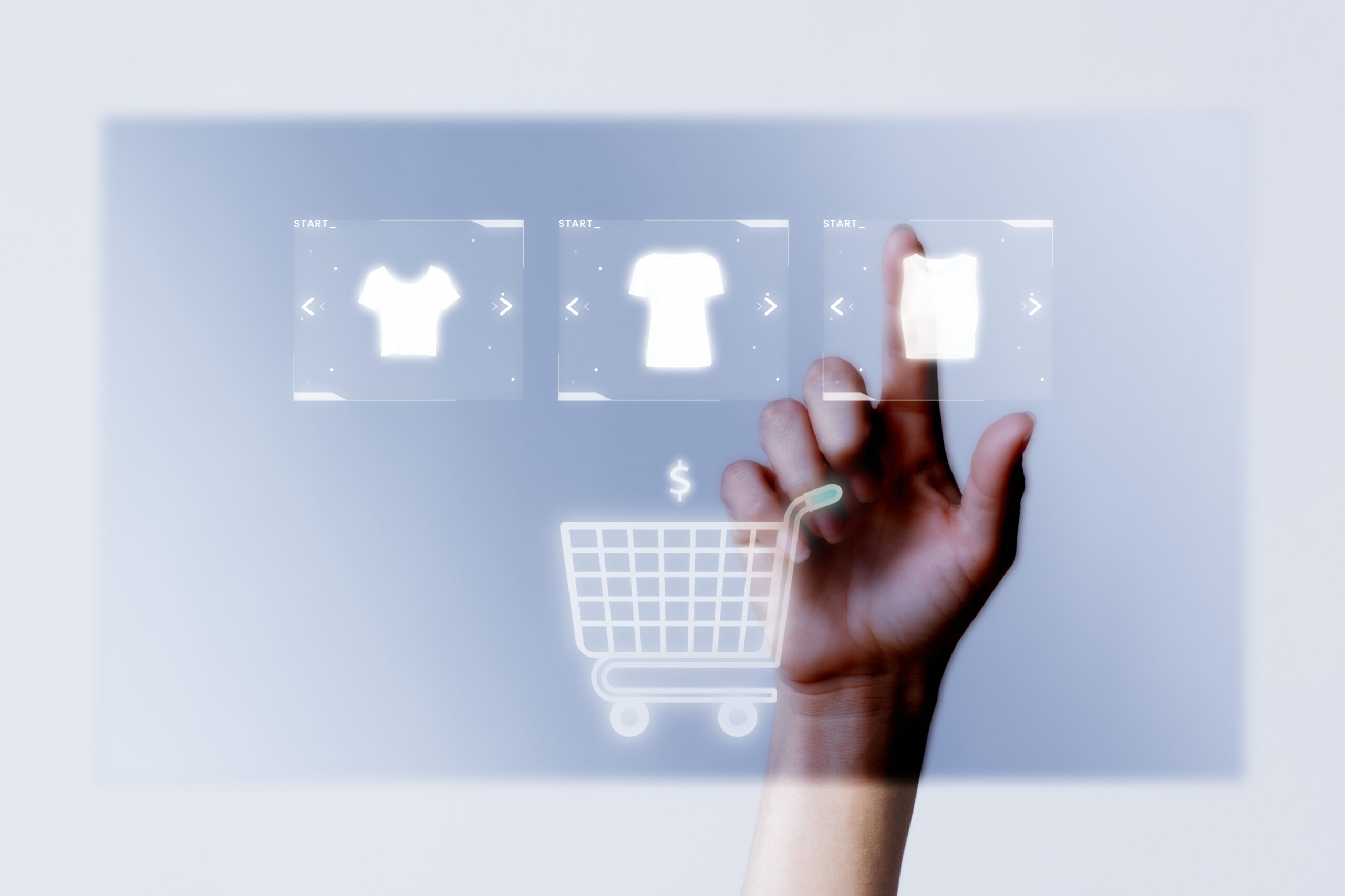New Terms for a Digital World
Introduction
In an era defined by rapid technological advancement, it’s no surprise that our language is constantly racing to keep up. Each new online behaviour, social trend, or digital interaction seems to spark a wave of fresh vocabulary, giving us the tools to articulate and make sense of our increasingly interconnected, digital lives.
Recently, the Cambridge University Press (CUP), through its Cambridge Dictionary “New Words” Blog has added a collection of emerging digital words that perfectly reflect the shift in how we communicate.
Let’s dive into three interesting new terms that highlight different facets of our digital world:

meta face [noun]
UK /ˈmet.ə feɪs/ US /ˈmet̬.ə feɪs/
A trend where photos that have been enhanced using AI technology make everyone look similarly flawless and unrealistically beautiful.
The rise of the “meta face” reflects a broader trend towards digital hyper-perfection in beauty standards. AI technology has the potential to democratize beauty but also risks reinforcing exclusive and unrealistic ideals…Emphasizing authenticity and diversity can help counteract the negative effects of the “meta face” trend.
[insighttrendsworld.com, 3 February 2025]

digital sobriety [noun]
UK /ˌdɪdʒ.ɪ.tᵊl səˈbraɪ.ə.ti/ US /ˌdɪdʒ.ə.t̬ᵊl səˈbraɪ.ə.t̬i/
The practice of using computers, smartphones etc. less in order to reduce the negative impact of technology on the environment.
Although it can be challenging to quantify the exact impact of digital sobriety, organizations implementing ambitious strategies can reduce their digital carbon footprint by 10-20% over three years. To meet both short-term regulatory requirements and long-term environmental goals, a structured digital sobriety roadmap is essential.
[wavestone.com, 13 November 2024]

intention economy [noun]
UK /ɪnˈten.ʃən iˌkɒn.ə.mi/ US /ɪnˈten.ʃən iˌkɑː.nə.mi/
A system in which AI learns what people are likely to want to buy or do in the future, with companies using the information to create corresponding products and services.
In other words, in the intention economy, companies will learn what you think about and what motivates you in order to predict what you may do in any given situation. They will then sell that information to others who can benefit from knowing your future actions before you make them. The way “intention economy” companies will collect such precious data—your very thoughts, behaviors, and their evolution over time—is by your use of their LLM-powered AI chatbots.
[fastcompany.com, 25 January 2025]


